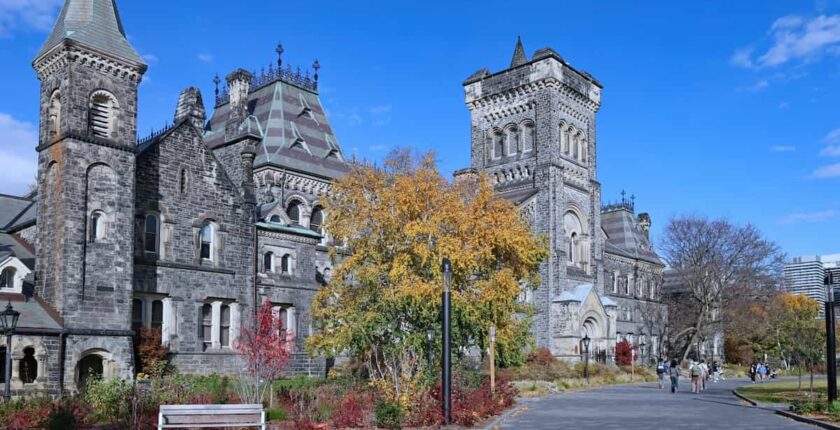University of Toronto Welcomes Harvard Students Facing Visa Issues
The University of Toronto (UofT) has teamed up with Harvard University to support international students facing US visa uncertainties. This collaborative effort predominantly targets students from the Harvard Kennedy School (HKS), allowing them to continue their education through UofT’s renowned Munk School of Global Affairs and Public Policy.
How This Unique Partnership Works
This arrangement lets students affected by visa issues complete their HKS degree in Canada. They can engage in a combination of online and in-person courses led by faculty from both institutions. As special non-degree students at the Munk School, they’ll benefit from full-time status and participate in various co-curricular activities. Upon meeting program requirements, these students will graduate with their master’s degree from HKS.
Interested international students will need to apply for a Canadian study permit, which allows foreign students to study in Canada. This partnership will not reduce the number of spaces available for local UofT students, ensuring a balanced education environment for everyone.
Additionally, both new and returning international students have the chance to enroll in the HKS Global program, which mixes online learning with in-person sessions in select locations. There’s flexibility for students to return to Harvard once their visa issues are resolved, with a deadline set for September 11, 2025, after which they will typically need to remain at the Munk School until the semester concludes.
This agreement highlights a proactive approach by Harvard, creating a contingency plan for its international students amid shifting US immigration policies. It’s contingent upon adequate interest and approval from appropriate educational authorities.
Applying for a Canadian Study Permit
For those looking to study in Canada, securing a Canadian study permit is essential. First, students must obtain a Letter of Acceptance (LOA) from a Designated Learning Institution, which UofT is. Other necessary documents include a Provincial or Territorial Attestation Letter and proof of financial support.
Additional steps may involve providing biometrics, undergo an immigration medical exam, and submitting police certificates. Once all documents are collected and the application is submitted, successful applicants will receive a temporary resident visa or an electronic travel authorization.
Studying in Canada opens up diverse opportunities for international students. Alongside earning a valuable degree, they also get to experience Canada’s rich culture, vibrant communities, and strong job market.
This partnership between UofT and Harvard exemplifies the growing links between educational institutions across borders and the importance of flexible education solutions in today’s evolving immigration landscape.
Need help or just curious?
Ask your question in the comments. Someone else may be wondering the same thing.


